
A cultural change in the Renaissance freed talented European writers to compose letters rivalling the finest that survived from ancient Rome. This book traces the lives and outlooks of distinguished Britons as revealed in their correspondence. The subjects range from the fierce satirist Jonathan Swift to the long-lived, all-observing Horace Walpole...

This book explores the social history of the anti-vivisection movement in Britain from its nineteenth-century beginnings until the 1960s. It discusses the ethical principles that inspired the movement and the socio-political background that explains its rise and fall. Opposition to vivisection began when medical practitioners complained it was cont...

As cities develop, more land is converted into impervious surfaces, which do not allow water to infiltrate. Careful urban planning is needed to ensure that the hydrologic cycle and water quality of the catchment areas are not affected. There are techniques that can attenuate peak flow during rain events and reduce the amount of metals, nutrients, a...

This book describes the extensive contributions made toward the advancement of human assessment by scientists from one of the world's leading research institutions, Educational Testing Service. The book's four major sections detail research and development in measurement and statistics, education policy analysis and evaluation, scienti...

This book analyses the different types of post-execution punishments and other aggravated execution practices, the reasons why they were advocated, and the decision, enshrined in the Murder Act of 1752, to make two post-execution punishments, dissection and gibbeting, an integral part of sentences for murder. It traces the origins of the Act, and t...
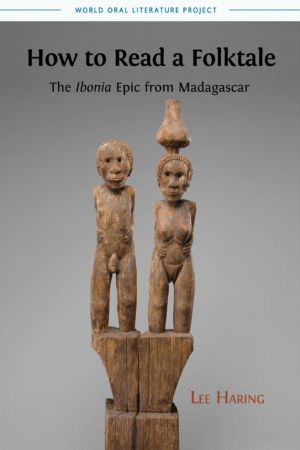
How to Read a Folktale offers the first English translation of Ibonia, a spellbinding tale of old Madagascar. Ibonia is a folktale on epic scale. Much of its plot sounds familiar: a powerful royal hero attempts to rescue his betrothed from an evil adversary and, after a series of tests and duels, he and his lover are joyfully united with a marriage...

This book covers the content of European postgraduate spine surgery courses, using a case-based approach. A step-wise solution to a real clinical problem is described and compared to the best available evidence. A weighted conclusion is provided on how to bridge the gap (if there is one) between standard of care and evidence-based medicine.Spine Su...
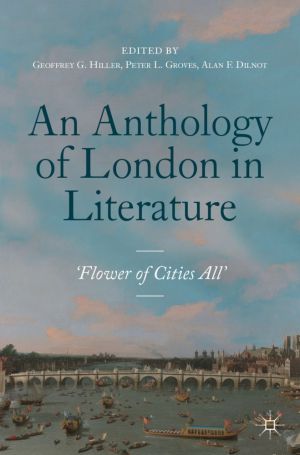
This book is an anthology of extracts of literary writing (in prose, verse and drama) about London and its diverse inhabitants, taken from the accession of Queen Elizabeth I in 1558 to the outbreak of the Great War in 1914. The 143 extracts, divided into four periods (1558-1659, 1660-1780, 1781-1870 and 1871-1914), range from about 250 words to 2,5...
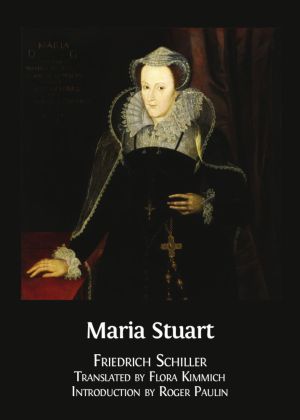
Maria Stuart, described as Schiller's most perfect play, is a finely balanced, inventive account of the last day of the captive Queen of Scotland, caught up in a great contest for the throne of England after the death of Henry VIII and over the question of England's religious confession. Hope for and doubt about Mary's deliverance gr...
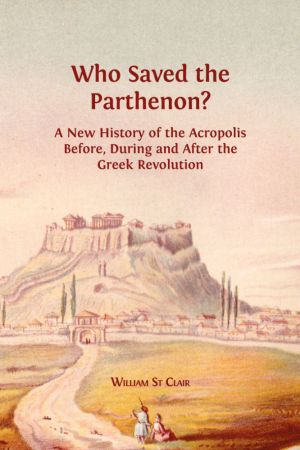
In this magisterial book, William St Clair unfolds the history of the Parthenon throughout the modern era to the present day, with special emphasis on the period before, during, and after the Greek War of Independence of 1821 - 32. Focusing particularly on the question of who saved the Parthenon from destruction during this conflict, with the help ...
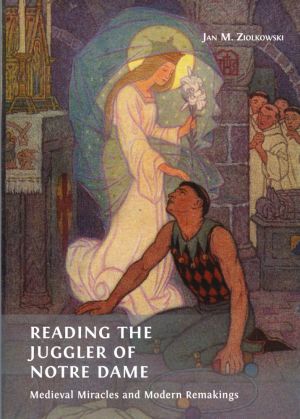
In this two-part anthology, Jan M. Ziolkowski builds on themes uncovered in his earlier The Juggler of Notre Dame and the Medievalizing of Modernity. Here he focuses particularly on the performing arts. Part one contextualises Our Lady's Tumbler, a French poem of the late 1230s, by comparing it with episodes in the Bible and miracles in a wide...
